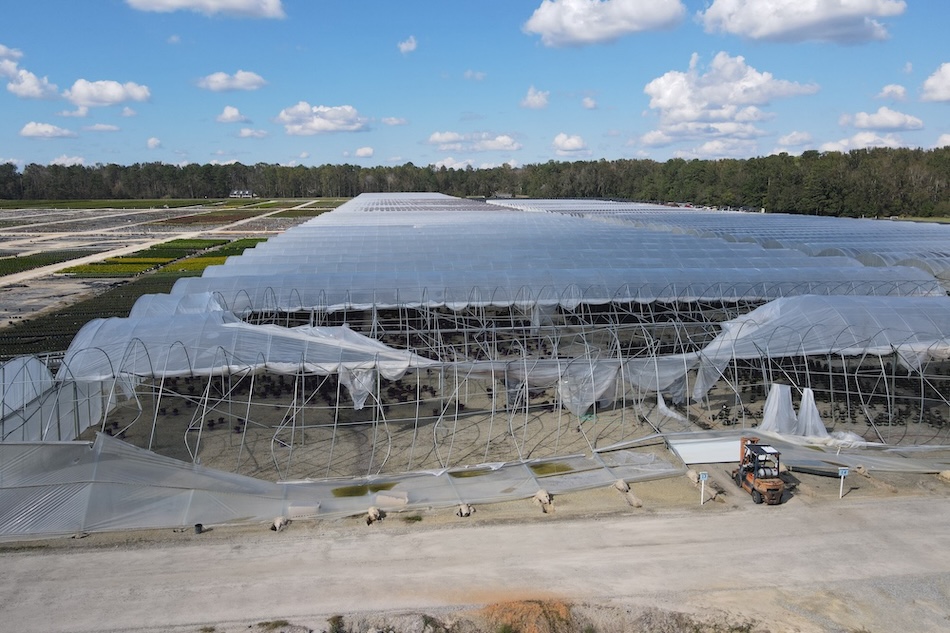.jpg)
A mixture of individual factors (such as income and employment status or religiosity) and country-level factors (from level of corruption to pollution) affect how satisfied people are with their lives, but some big contributors to happiness, such as culture or values, are harder to quantify and compare.
A new study by University of Georgia researchers looks at what factors affect people’s happiness around the world.
Susana Ferreira, an environmental economist in the College of Agricultural and Environmental Sciences (CAES) Department of Agricultural and Applied Economics, is interested in how this study can inform policies that could improve life satisfaction.
“In economics, for a very long time, we've been focused on measuring things that may not reflect very well an individual's well-being, things like GDP (gross domestic product) for example,” said Ferreira. “Over the last couple of decades, there has been a push for expanding how we measure economic and social progress, including indicators of self-reported well-being.”
Working with CAES undergraduate student Jacqueline Kessler and Texas A&M University postdoctoral research associate Mona Ahmadiani, Ferreira analyzed data from nearly 100 countries gathered between 1995 and 2014. The data, collected as part of the World Values Survey, asked respondents: “All things considered, how satisfied are you with your life as a whole these days?”
The answers were given on a 10-point scale from “completely dissatisfied” to “completely satisfied.” Researchers then combined the information already included in this survey, such as income or marital status, with 12 possible factors of life satisfaction at a country level from other sources, including such elements as GDP, level of democracy and exposure to pollution.
The paper’s authors were able to confirm that certain individual factors such as income and unemployment and macroeconomic variables such as GDP are important predictors of life satisfaction, but that other factors such as pollution levels, social capital or life expectancy matter greatly. The statistical models, however, failed to explain a large portion of the differences in life satisfaction across countries. For example, Latin American countries show high levels of happiness, much higher than would be predicted by their income levels and other socioeconomic characteristics.
Ahmadiani, the paper’s first author, said these differences across countries are a bit of a “black box.”
“There are a lot of other factors at the country level that you cannot find data for,” she said. “From some of my other research, and some of what we see here, I think culture and values are a huge part of these cross-country differences, and it is clear from our analysis that it is hugely important.”
Further research is needed to understand what these cultural values may be, as well as the influence of environmental factors, said Ahmadiani, who will continue her research on the subject.
For environmental economists like Ferreira, researching what environmental factors are closely tied in with well-being remains the focus, with the hope that it can lead to policies that improve people’s quality of life — objectively and subjectively.
“What is the secret of happiness?” asked Ferreira. “If we don't do research then we will not know the answer. So we want to bring a scientific approach to try to understand this important question.”





